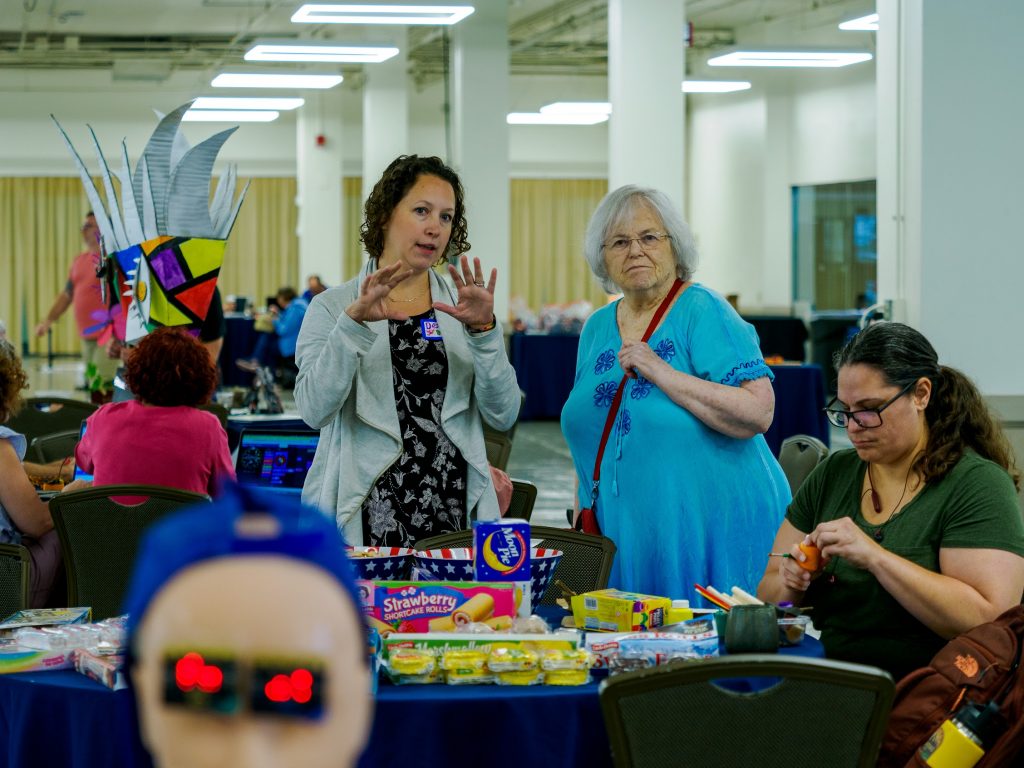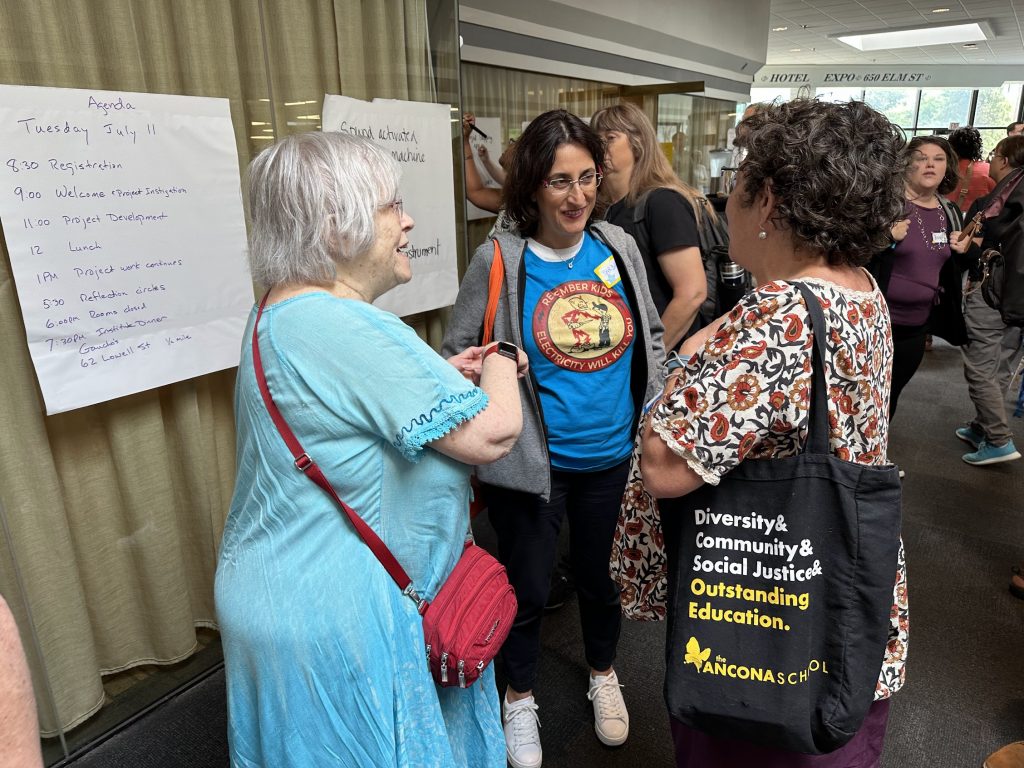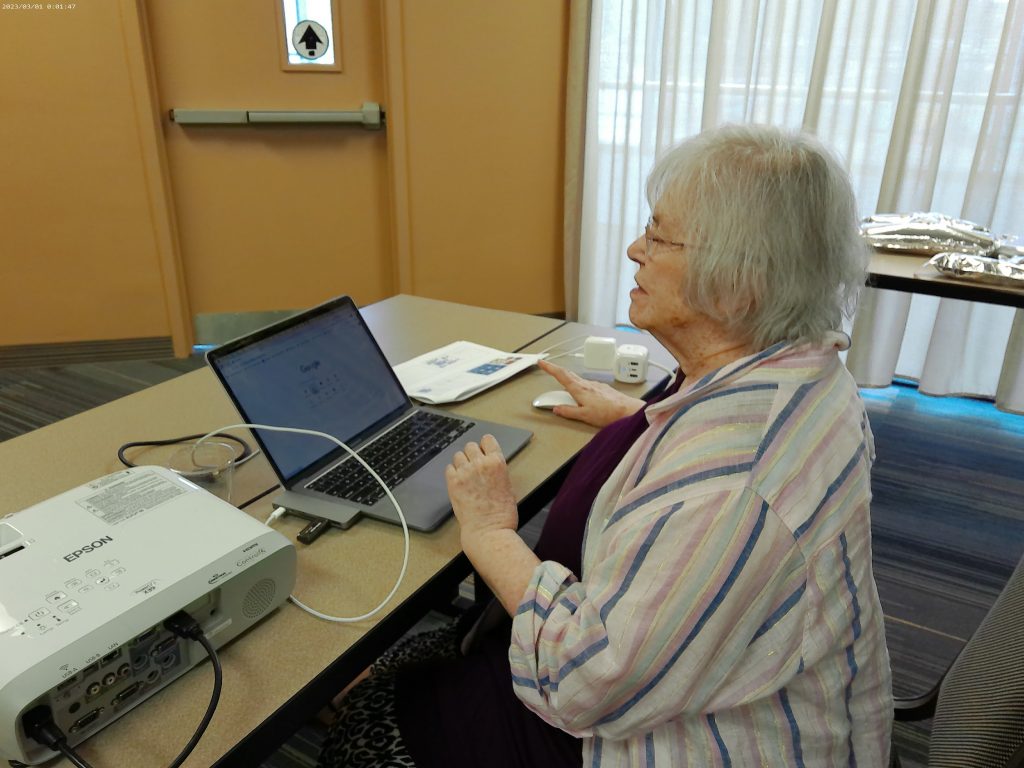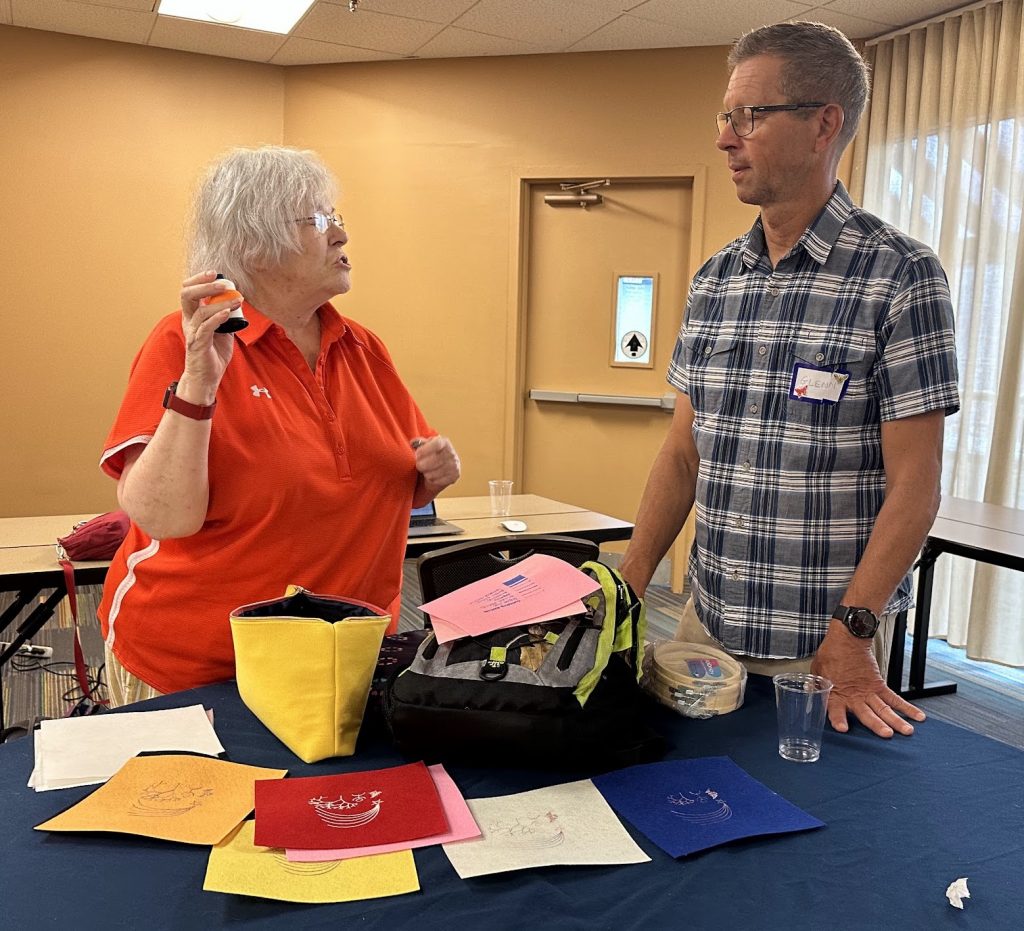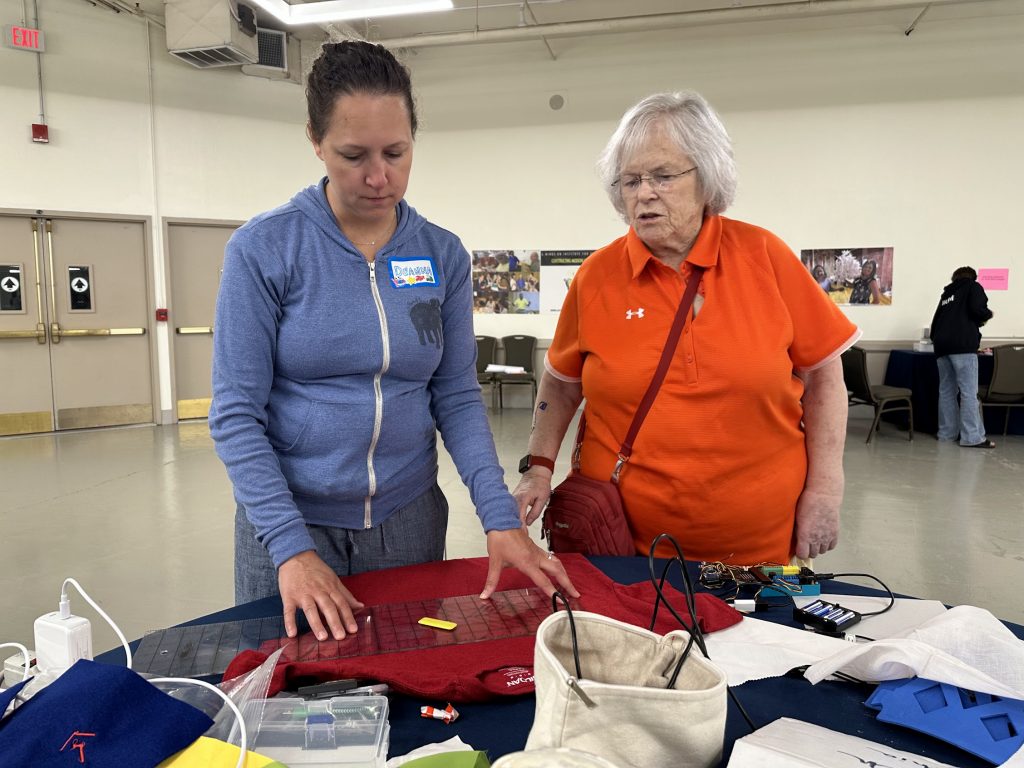
Meet Cynthia Solomon
There’s chatter from time-to-time within the edtech community about the lack of women in prominent roles. Yet, some of the most important pioneers in the field are ignored, overlooked or marginalized by the very same educators seeking representation and role models.
Girls and Technology – Overcoming Myths and Malpractice, a paper Gary Stager wrote when honored to keynote an international conference on girls education
Dr. Cynthia Solomon is the mother of educational technology. Cynthia was one of the three primary inventors of the Logo programming language for children and she introduced many of the metaphors used to teach programming to children, even today. She is the author of one of the field’s seminal books, Computer Environments for Children: A Reflection on Theories of Learning and Education.
More than 60 years ago, armed with a history degree from Ratcliffe, Cynthia took a job as Dr. Marvin Minsky’s secretary because she wanted to learn how to program computers at a time when that wasn’t an option available for young women. On the side, she taught herself to program in LISP. A few years later, she, Wally Feurzig & Seymour Papert created the first programming language for children, Logo, and started the educational computing revolution. Watch the interview in which Cynthia & Wally recount the birth of Logo in 1967.
Books by Cynthia Solomon
Twenty Things to Do with a Computer
The groundbreaking 1971 paper by Cynthia Solomon and Seymour Papert, Twenty Things to Do with a Computer, was the inspiration for the recent all-star collection of essays, Twenty Things to Do with a Computer Forward 50: Future Visions of Education Inspired by Seymour Papert and Cynthia Solomon’s Seminal Work.


A Recognized Pioneer
In 2016, Cynthia Solomon was finally recognized by the National Center for Women and Information Technology (NCWIT) as the recipient of the Pioneer Award. (Read my tribute to Dr. Solomon commemorating this well-deserved recognition.)
The Mirman School in Los Angeles recently dedicated a plaza in Cynthia’s name and recognition for her historic contributions to education. In January, Cynthia was honored in Washington D.C. by the United States Department of Education.

We go way back
In 1985, I traveled to MIT for the first time to attend the Logo ’85 international conference. I was 22 years old and had no academic credentials. Memory suggests that the instant I stepped out of my cab, Cynthia Solomon and a handful of other great scholars and educators said, “Hey kid, come to dinner with us.” I’ve been lucky enough to have Cynthia Solomon as a friend, colleague and mentor ever since.
Our annual summer institute, Constructing Modern Knowledge, would be unimaginable without Cynthia on the faculty. She returns to CMK 2024 this July 9-12th for the thirteenth time.
Cynthia Solomon on the power of Constructing Modern Knowledge.


